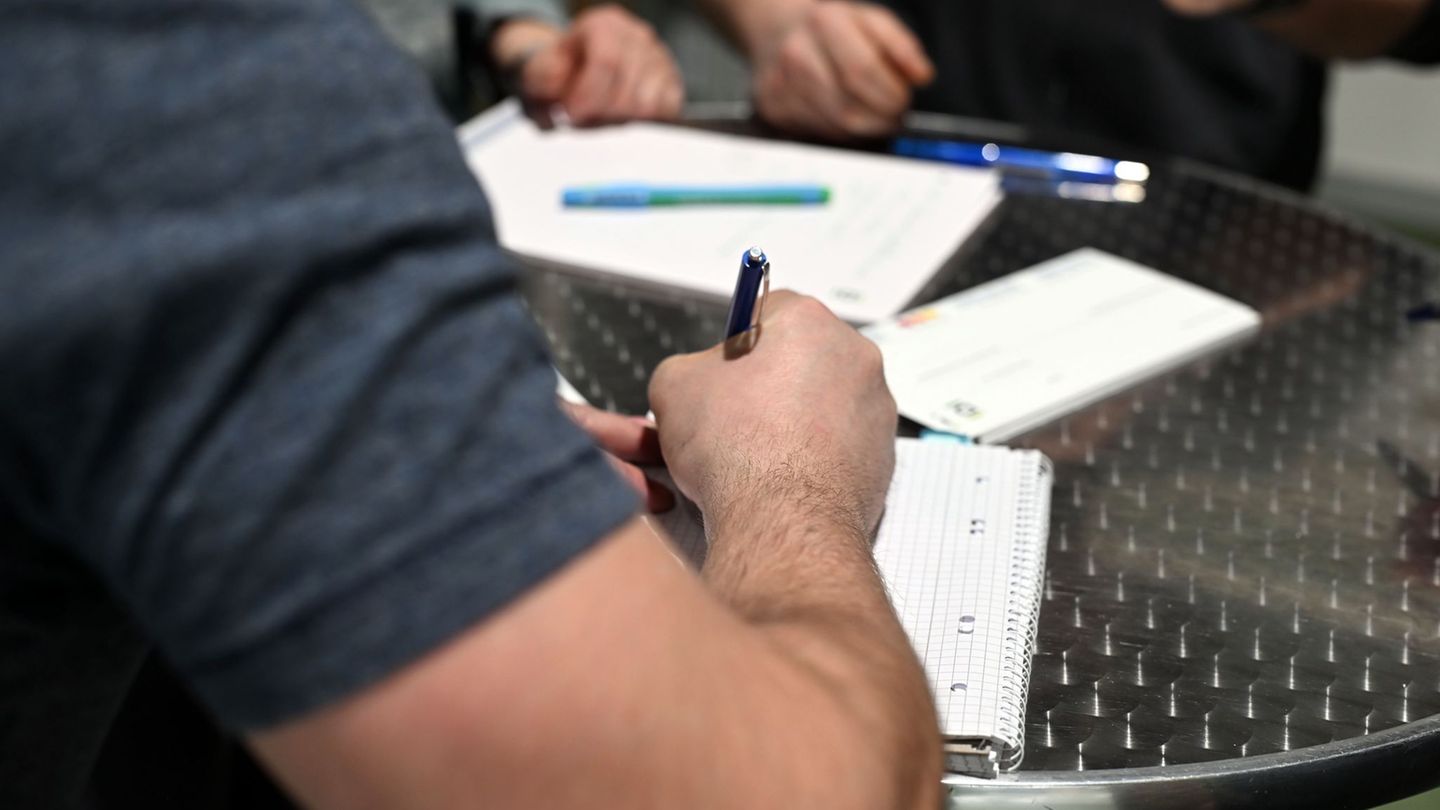The institute announced this to the FMA on Thursday. The reason for this is that the deposit insurance has now canceled its obligations to savers at the expense of the bank, which is too big a chunk for them.
Specifically, the claim for recourse by Deposit Insurance Austria GesmbH (ESA) is about 70 million euros, which ESA has so far paid out to AutoBank customers. According to the financial institution, this requirement corresponds to around 66 percent of all deposits in the bank.
This demand exceeds the current liquid funds of the institute of around 44 million euros. Because some of the deposits in the assets, especially the bank’s car loan agreements, are tied up for a longer period of time, it is currently not possible to settle the due ESA obligations.
For this reason, the Autobank AG notified the FMA of the inability to pay in accordance with 73 para. 1 number 6 of the Banking Act (BWG). According to the bank, it is now up to the supervisory authority, if necessary, to file an application to open insolvency proceedings.
It is not possible for AutoBank to obtain the necessary means of payment at short notice, for example by selling existing portfolios (such as leasing and credit agreements with private and corporate customers). This is because such sales are associated with economic disadvantages for the bank if they have to be sold under pressure and therefore likely to be significantly below value.
At the end of July, AutoBank had, as reported, EUR 109 million in savings deposits, of which EUR 107 million were covered by the ESA, which tries in such cases to get back pre-financed amounts from liquidation or bankruptcy. The chances are good that the institution will be able to get back most or all of the advanced funds, informed sources said at the end of July at the APA.
The FMA ordered the immediate cessation of banking operations on July 30th due to the fact that equity capital was not exceeded. For the institute with around 30 employees, this meant an official suspension of payments for the covered deposits, which meant that no further payments, withdrawals or transfers were possible. The ESA is already working closely with AutoBank to organize the proper payments in the next few days, it was said at the time. In addition, the FMA had already appointed auditor Dorotea-E. Rebmann was appointed government commissioner at AutoBank at the end of July, and since then the board has had to get her approval for everything.
Since January, AutoBank had planned a self-settlement, but from the FMA’s point of view this failed. On January 29th, a special shareholders’ meeting decided to dismantle banking operations within 18 to 24 months with the subsequent deferral of the banking license. However, the supervisors missed a sustainable resolution plan. And the bank was not able to sell any major receivables packages either. Since the costs did not fall significantly enough in parallel with the discontinuation of new business, the lack of equity should have been covered differently. There was no willingness among the German owner families for guarantees or replenishment.
The bank emphasized on Thursday that the wind-down plans drawn up with the involvement of external experts and an externally drawn up debt status had shown that the bank had so far been neither over-indebted nor insolvent. Thus, an orderly liquidation of AutoBank AG would have been economically possible – “and in the end a low single-digit million amount will probably remain”, is emphasized. “If we were an industrial company and not a bank, it would have happened that way too.” However, due to the prohibition of business operations at the end of July and the ESA recourse claim, this possibility is off the table “and insolvency proceedings are the likely following scenario for the liquidation”, the board regrets the current situation.
Jane Stock is a technology author, who has written for 24 Hours World. She writes about the latest in technology news and trends, and is always on the lookout for new and innovative ways to improve his audience’s experience.




